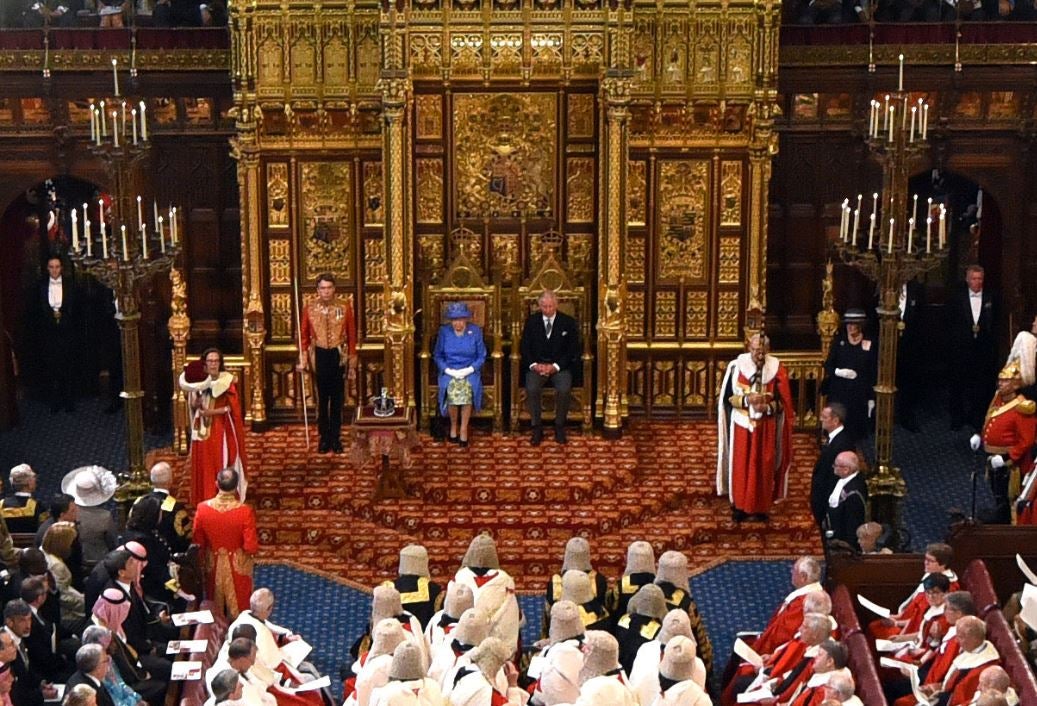
The Government has said it is committed to repealing Section 40 of the Crime and Courts Act and scrapping part two of the Leveson Inquiry.
But with no mention of either measure in yesterday’s Queen’s Speech the prospect of these manifesto commitments being delivered on soon looks uncertain. With no Parliamentary majority, the Conservative government will struggle to pass any controversial bills.
A spokesperson for the Department of Culture, Media and Sport told Press Gazette: “There are manifesto commitments to repeal Section 40 of the Crime and Courts Act 2013 and terminate part two of the Leveson Inquiry. The Government is committed to doing both.”
The Queen’s Speech yesterday set out the Government’s priorities for the next session of Parliament, which it hopes will last two years. While the speech is not a comprehensive list of legislation, it does set out the main priorities and was dominated with Brexit-related measures.
Section 40 was passed by Parliament in 2013, but has been kept on ice ever since. It states that those publishers who refuse to sign up to the Royal Charter-backed press regulation system will have to pay both sides’ costs in libel and privacy disputes, win or lose.
The prospect of paying huge financial penalties for stories which are true and in the public interest provoked outrage from the press.
May’s Government launched a consultation on what to do about Section 40 and whether to hold part two of the Leveson Inquiry (into the hacking scandal) last November at least partly as a sop to the House of Lords. The Upper House threatened to derail the Tories’ legislative agenda by repeatedly tagging Section 40 enactment clauses on to other laws (such as the Investigatory Powers Bill).
The consultation closed on 10 January 2017 and the DCMS is currently considering some 140,000 responses.
Unless the Government comes up with a solution on Section 40 that is amenable to the Lords it could face the same problem again.
The compromise proposed by House of Commons media committee on Section 40 could provide May’s Government with one way forward.
This would see Section 40 enacted in part, providing protection from paying legal costs to members of Royal Charter-backed regulator Impress.
This would provide a strong incentive for many publishers to sign up to the rival regulator.
Under the MPs’ plan IPSO would then be given a year to comply with the recommendations of the Leveson Inquiry (as set out in the Royal Charter) and in particular the provision of a libel and privacy disputes arbitration service which is free for claimants.
Publishers fear this will open them up to a slew of new opportunistic legal claims which they will have to carry the cost of the arbitrator assessing.
The Commons media committee said that if the press could be persuaded to beef up IPSO in this way, then Section 40 would be repealed and some other mechanism set up (outside the Royal Charter) to ensure IPSO is sufficiently robust.
Part two of the Leveson Inquiry would look into phone-hacking and corrupt dealings between the press and the police.
Email pged@pressgazette.co.uk to point out mistakes, provide story tips or send in a letter for publication on our "Letters Page" blog
